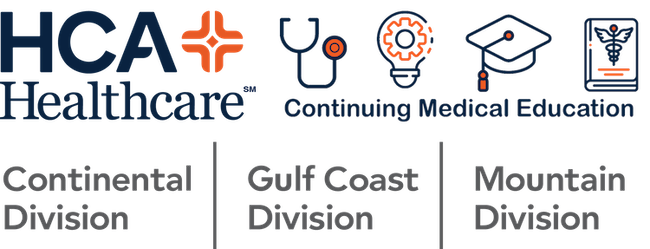Title
Category
Credits
Event date
Cost
- EMS Airway
- EMS Cardio
- 1.00 AMA PRA Category 1 Credit™
- 1.00 Attendance
$0.00
Pediatric cardiac arrests are rare but do occasionally happen in the prehospital setting. These patients can be difficult to manage along with stressful circumstances on scene, causing some EMS providers to struggle with these calls. This activity outlines the evaluation and management of pediatric cardiac arrests and highlights areas of improvement of managing these critical patients. This course will review current PALS guidelines, best practices, and case reviews to ensure the learner has a robust learning experience.
- EMS Cardio
- 1.00 AMA PRA Category 1 Credit™
- 1.00 Attendance
$0.00
Chest pain is a common call EMS runs in the field. Being diligent in your assessment and care is important in treating these patients. This course will go over basic anatomy, what defines chest paint, and several reasons why someone may have chest pain. Dr. Pineda will also discuss current EMS protocols and treatment plans of the chest pain patient, ending the course with case reviews.
- EMS Airway
- EMS Cardio
- 1.00 AMA PRA Category 1 Credit™
- 1.00 Attendance
$0.00
This case-based presentation will cover a variety of respiratory complaints that EMS providers commonly respond to. We will review capnography and how to use it most effectively as a diagnostic tool. This was presented during the COVID-19 Pandemic and thus includes the complications and considerations related to COVID-19 with chronic and acute respiratory complaints.
- EMS Cardio
- 1.00 AMA PRA Category 1 Credit™
- 1.00 Attendance
$0.00
Left Ventricular Assist Device (LVAD) use is becoming more prevalent in the chronic cardiac patient population. These devices are very specialized and complex and the out of hospital management of a patient who has a LVAD can be challenging. This talk will address the best practices associated with prehospital management of patients with LVADs. This will cover the basics of what a LVAD is, why a patient would need one and how they function. This is designed to give insight regarding how to manage LVADs in the pre-hospital setting, including risks, pitfalls and related emergencies.
- EMS Airway
- EMS Cardio
- 1.00 AMA PRA Category 1 Credit™
- 1.00 Attendance
$0.00
Running and managing a cardiac arrest call takes organization and precative for the prehospital provider to be proficient at them. Dr. Dhaliwal, an emergency medicine physician, discusses the ACLS standards of prehospital cardiac arrests. We review new methods of ventilation, best practices, and tips on scene management. Lastly, Dr. Dhaliwal will do case reviews to discuss the material further.
- Pediatric Cardiology
- EMS Cardio
- EMS Airway
- 1.00 AMA PRA Category 1 Credit™
- 1.00 Attendance
$0.00
This is a virtual CME-certified educational intervention designed to address the identified gaps of pediatric respiratory conditions. The online format will allow for convenient access and thus reach a broad audience of medical professionals. This time of year tends to produce an increase of pediatric respiratory and airway calls for EMS. A review of fundamental pediatric airway anatomy and commonly encountered conditions prepares clinicians to develop evidence-based treatment plans for the management of these various pediatric airway conditions and situations.
- EMS Cardio
- Cardiovascular Diseases
- 1.00 AMA PRA Category 1 Credit™
- 1.00 Attendance
$0.00
This activity will provide an intensive, practical focus on evidence-based approaches to cardiac case management for the EMS provider. Participants will review case studies to provide diagnosis and treatment strategies needed to improve field and clinical performance. Discussion surrounding individualized plans needed to formulate multi-disciplinary management of these patients to improve clinical outcomes and reduced mortality.
- EMS Cardio
- Cardiovascular Diseases
- 1.00 AMA PRA Category 1 Credit™
- 1.00 Attendance
$0.00
This activity utilizes case reviews to help the EMS provider better assess and treat the chest pain patient in the field. Participants will learn how to read EKG results to provide a differential diagnosis to evaluate and manage patients in the field prior to transport to the emergency department. Risk Stratification tools, chest pain algorithms, and clinical practice guidelines are provided as resources for providers to improve evaluation processes resulting in better patient outcomes.

 Facebook
Facebook Twitter
Twitter LinkedIn
LinkedIn Forward
Forward